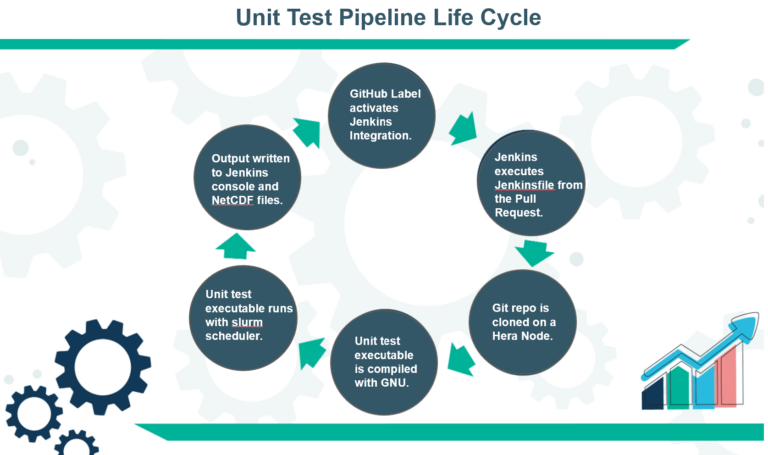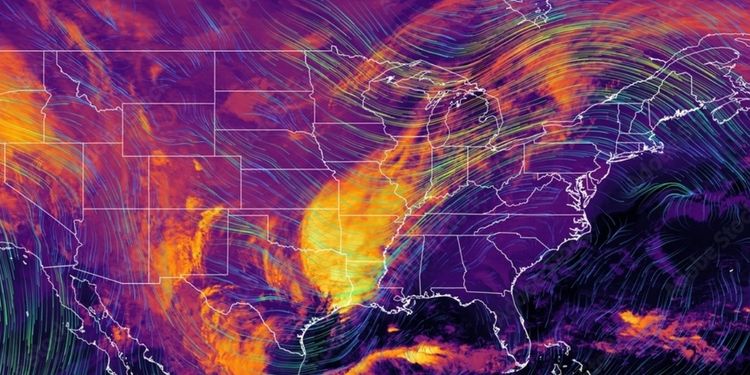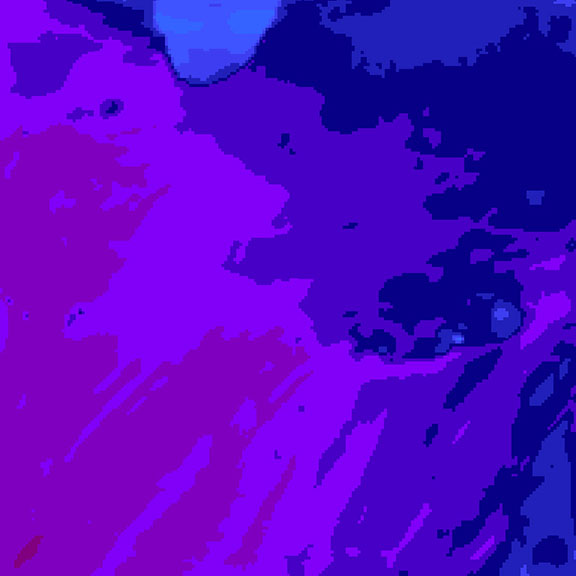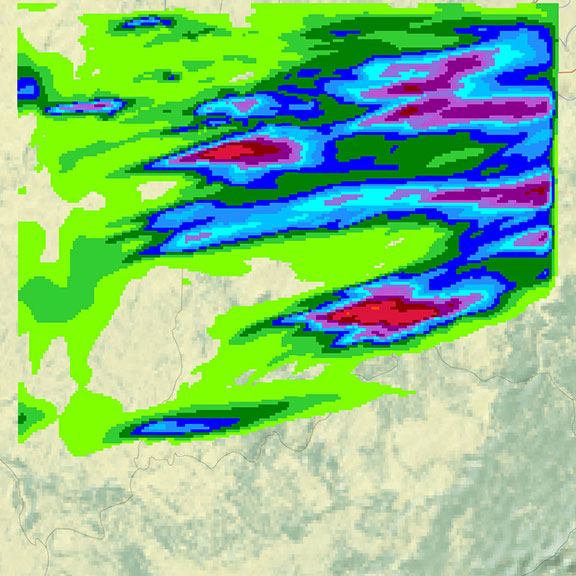
EPIC's Impacts

Dr. Jacob Radford (GSL/CIRA) developed Google Colab notebooks that make AI weather models like FourcastNet, GraphCast, and Aurora accessible using free cloud tools. Built on ECMWF’s ai-models, the notebooks guide users through setup, execution, and evaluation in ~70 minutes. EPIC applauds this open-source work for advancing education, equity, and innovation in AI weather forecasting. Read more >
EPIC’s Code Management team developed an automated Jenkins pipeline for standalone unit testing in NOAA’s PSL Stochastic Physics repository. The pipeline enables automated unit tests for key physics schemes such as Stochastic Kinetic Energy Backscatter (SKEB), Stochastically Perturbed Physics Tendencies (SPPT), Specific Humidity Perturbations (SHUM), and Stochastic Parameter Perturbation (SPP). Read more >


RTX Annual and Quarterly Engineering Award Winners
NOAA’s EPIC Program, supported by Raytheon, advances Earth system modeling through open-science collaboration, cloud computing, and automation. It has improved forecasting accuracy, accelerated research-to-operations, and expanded community engagement. Key achievements include a 700% increase in model releases and a 1,700% reduction in peer-review times. EPIC’s impact has earned industry recognition, including the prestigious John Cassidy Award.
Early and accurate warnings from NOAA’s National Hurricane Center (NHC), are integral to protecting any community threatened by hurricanes and tropical storms. This is the purpose of NOAA’s newest hurricane model, the Hurricane Analysis and Forecast System (HAFS), which significantly improves the accuracy of forecasts and further supports community action in preparation of such severe weather events. Read more >


The NOAA Earth Prediction Innovation Center has introduced two new test cases for the UFS Weather Model: an idealized dry baroclinic wave case and a July 2020 Convective Available Potential Energy (CAPE) case, both in atmosphere-only configurations. These tests are part of a new developmental framework that allows users to evaluate model changes and supports hierarchical system development within the UFS. The tests are easy to run on Tier-1 platforms and containers, with detailed instructions available in the updated UFS WM User’s Guide. Additional information >
EPIC collaborated with NOAA NOS and NCAR to establish the UFS Coastal App, integrating key ocean, wave, and weather models to support coastal forecasting. Leveraging Unified Workflow Tools and CI/CD pipelines, this project streamlined development, allowing for efficient testing and faster integration of model components. Read more >


Kris Booker from EPIC collaborated with Ben Cash from George Mason University to develop a proof of concept using Apptainer (formerly Singularity) to run the UFS weather model on academic HPC platforms. This approach overcomes technical barriers, allowing containers to run without administrative privileges. While still in the refinement phase, this innovation will simplify UFS deployment processes, making weather modeling research and development more accessible to the UFS community. Read more >


Fast-Track Your SRW App Experiment
Christopher R., a new SRW App user, faced challenges in setting up his experiment. Our support team guided him through relevant documentation and provided configuration suggestions. The result? His experiment is now successfully running.
“This was outstanding! The model is now numerically integrating forward in time on Cheyenne… I appreciate your help!”
– Christopher R.
GitHub Training at UIFCW 2023
Lack of GitHub knowledge can hinder even the best scientists from contributing to the UFS. At UIFCW 2023, our training equipped attendees—from students like Delton W. to NOAA experts like Songyou H.—to contribute code on GitHub, paving the way for diverse contributions to the UFS.




